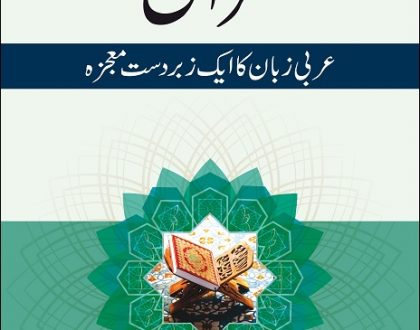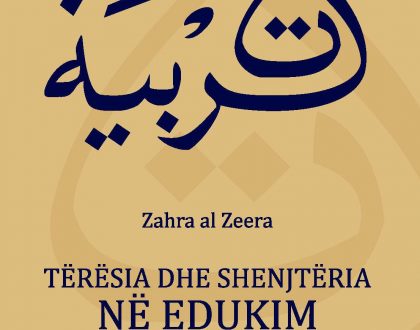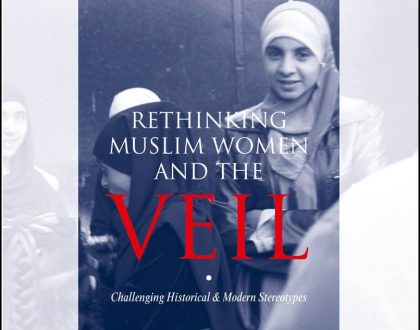Social Emotional Well-being

By: Dr. Maryam Saroughi, Researcher
June 2019
In the proposed design of our empirical AEMS research, we suggest that a more comprehensive educational movement that takes all types of learning and performance into consideration will yield better results than an exclusive focus on achievement scores on international tests, as reflected by investments in the Program for International Student Assessment (PISA) conducted by OECD (http://www.oecd.org/pisa/). This doesn’t mean that academic performance and achievement are not important, but our approach adds weight to the emotional, social, cognitive, and spiritual aspects of human development. In this way, we draw attention to a more comprehensive approach to education by focusing on constructs (concepts) that are both universal and foundational to Islamic values while also relevant to critical areas of learning that are key to the overall goal of individual and community well-being.
Philosophers and thinkers from diverse cultures and societies support this approach by suggesting that education should focus on the whole person in order to provide human beings an opportunity to achieve their highest degree and fulfillment of potential in various aspects of life (Bresler, Cooper, & Palmer, 2001). More specifically and based on the premise that Islamic values and messages promote the human being and his/her welfare too, we identified well-being as our educational outcome of Advancing Education in Muslim Societies (AEMS) initiative. We developed empirical research studies that provide evidence for ways to support youths’ well-being and to address the gaps in empirical knowledge on the topic in Muslim societies. We define well-being as “the process and ability to function socially and emotionally, have perceived ability to self-regulate and feel a sense of satisfaction and fulfillment in a healthy manner. It entails upholding good values, pursuing virtue, meaning, and purpose, and making a positive difference in the world”. AEMS takes a universal Quranic values-based approach to socio-emotional well-being that is grounded in the human development field.
Well-being as the long-term outcome, broadly speaking, encompasses faith, health, socio-emotional and psychological aspects of a person’s development. This approach aligns well with the “learning to be” dimension identified by the UNESCO report on education. It is one of the least researched pillars of education out of the four mentioned in the report on learning throughout life: learning to know, learning to do (competencies), learning to live with others, and learning to be (self-knowledge, reasoning power, individual judgement, and sense of personal responsibility). Scholarship on “learning to be” identifies a broad range of social and emotional values and skills that are equally important to academic competencies (literacy, numeracy, and science) and civic engagement skills (communication, problem-solving, critical reasoning) for ensuring the well-being and healthy development of individuals and societies.
We are using the “Mapping the Terrain” study to learn more about ways to enhance the developmental trajectory of individuals in Muslim societies and connecting that with well-being by informing the areas of pedagogy, policy, and curriculum to achieve it. Our research includes constructs such as empathy, forgiveness, moral reasoning, community mindedness, sense of belonging, problem solving, self-regulation, self-efficacy and hope. Each one is seen as key to the overall goal of individual and community well-being.
Reference
Bresler, L., Cooper, D., & Palmer, J. (2001). Fifty modern thinkers on education: from Piaget to
the present day. London: Routledge.



